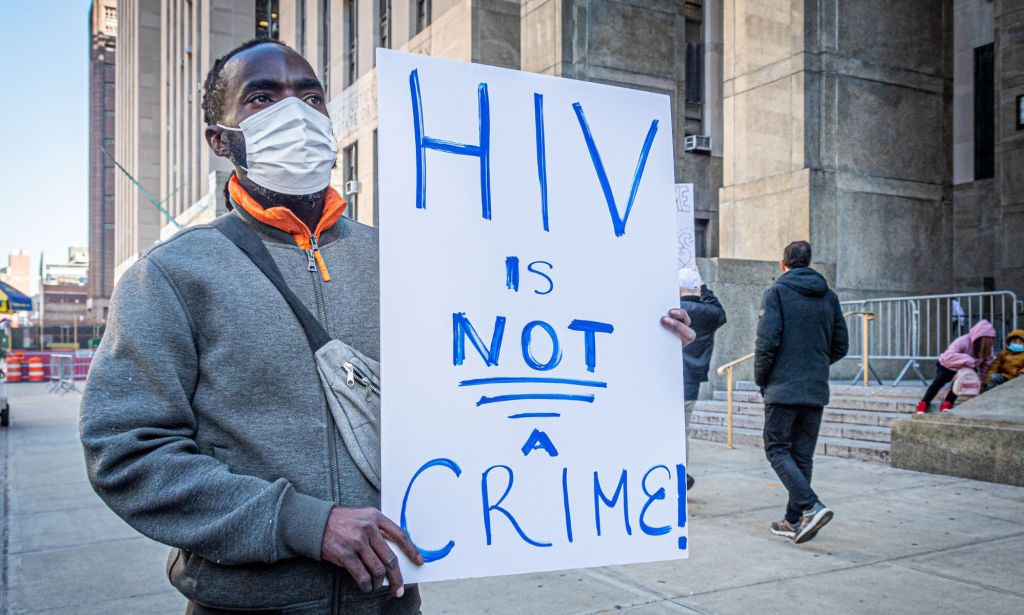I always dreamed of having kids – but my HIV status means I can’t access fertility treatments

Noel Watson had no idea his HIV status would prevent him from accessing fertility treatment in the UK. (Supplied)
When Noel Watson decided to start a family and have kids, he had no idea his HIV status would stop him from accessing fertility treatments.
HIV is an entirely manageable condition – those living with the virus can’t pass it on when on effective treatment.
To say much has changed since the virus was first detected in the early 1980s would be an understatement – and yet, the government hasn’t caught up. In the UK, the Human Fertilisation and Embryology Act prohibits those living with the virus from accessing surrogacy or from donating sperm or eggs.
The only exemption is for opposite-sex couples who are in an “intimate” relationship – meaning LGBTQ+ people living with HIV all too often find themselves on the periphery of a system seemingly designed to exclude them.
For Noel, 45, discovering he would not be able to have a child through surrogacy was a devastating realisation.
“I’ve looked at the various different ways gay people can start families – adoption, surrogacy, shared parenting – and the route that comes back as being the one I felt would work best for me is surrogacy,” Noel tells PinkNews.
Around two and a half years ago, Noel started researching how he could go about having a child. It was then that he stumbled across a website which explained that he would’t be able to fulfil his dream because of outdated regulations.
“There was a statement that said HIV positive people are barred from taking part in IVF processes, and that did come as quite a surprise to me.
“The fact that fertility legislation doesn’t recognise or hasn’t caught up with the medical science, I think it’s very stigmatising because it’s another area in which people with HIV are prejudiced or discriminated against, even though the medical reality is very different.”
He adds: “The marginalisation of people with HIV has a long history and I think this is just another example of that.”
‘No scientific justification’ for HIV fertility policy
The National AIDS Trust is now calling on people to write to their MP urging them to push the government to enact change.
Adam Freedman, senior policy and campaigns officer at the National AIDS Trust, says the current regulations are stuck in the past.

“The scientific consensus now says that undetectable equals untransmittable, which means that if a person is adhering to HIV treatment in most cases they will not be able to pass the virus on,” Freedman tells PinkNews.
“Even if people did have a detectable viral load, there can still be things to mitigate it. Their partner can go on PrEP or we can use sperm washing, for example.
“There’s no scientific justification for this legal restriction. It’s preventing people from staring the families that they can and should be able to have.”
When approached for comment, the Department for Health and Social Care (DHSC) pointed PinkNews to comments made by mental health and women’s health secretary Maria Caulfield on the issue during parliamentary questions on 6 June.
Responding to Tory MP Steve Brine’s question about access to fertility services for people with HIV, Caulfield said the Advisory Committee on the Safety of Blood, Tissues and Organs set up a working group last year to consider the issue.
She said the government expected the working group to deliver its recommendations in June.
“We will take them seriously and address them swiftly once we have its advice,” Caulfield said.
How did this story make you feel?

